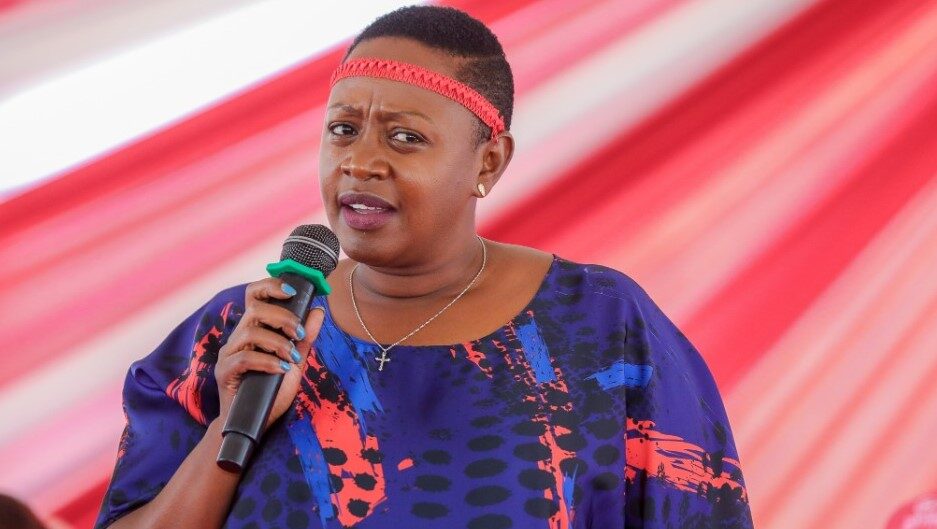Nominated MP Sabina Chege has strongly condemned former Deputy President Rigathi Gachagua for publicly accusing President William Ruto of having clandestine dealings with Sudan’s paramilitary Rapid Support Forces (RSF). Gachagua recently claimed in a KTN interview that Ruto has been involved in illicit gold trade with RSF leader Mohamed Hamdan Dagalo, alias Hemedti, helping the warlord launder money to finance arms purchases for the ongoing conflict in Sudan.
Chege, a Jubilee Party legislator, criticised the remarks during an appearance on Citizen TV’s Daybreak program on Thursday. She termed Gachagua’s allegations not only “irresponsible” but also a potential threat to national security and diplomatic relations.
“Certain government positions come with responsibility; it is not about making someone else look bad,” said Chege. “When you take the oath of office, there are things you must carry to the grave due to their sensitivity and potential consequences for the country.”
She took issue with Gachagua’s appeal to the international community to sanction President Ruto, branding such calls as unpatriotic. “As a patriotic citizen who claims to love this country, how do you then advocate for sanctions against your own President, putting the country in a dangerous position regionally?”
Chege urged those in leadership to act with integrity and discretion, warning against using sensitive information for political mileage. “If you truly believe in accountability, there are proper channels to address such issues, not media platforms,” she added.
Gachagua alleged that Ruto’s ties with Hemedti date back to 2023, when he claims Ruto pressured him into inviting the RSF leader to Kenya. The President is yet to respond publicly to the claims.
Kenya has faced regional scrutiny after hosting RSF-aligned groups in Nairobi earlier this year to sign a transitional constitution. The move prompted Sudan to suspend all imports from Kenya, citing national security concerns a reaction Nairobi termed a “gross overreaction.”
Kenya maintains its position that the engagement was part of broader efforts to promote peace and stability in the Horn of Africa.

